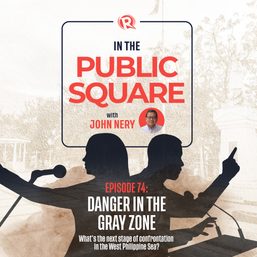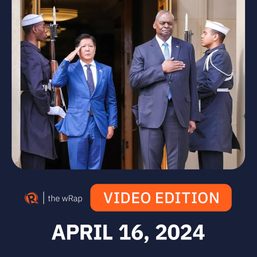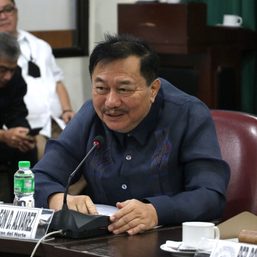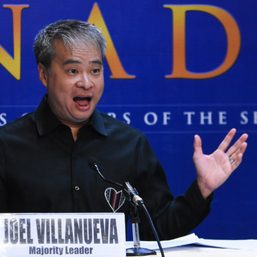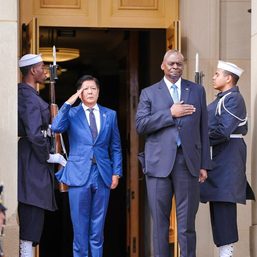The Philippine fishing industry contributes to the country’s economy in a big way.
Millions of Filipinos are employed in the fishing sector – in municipal, aquaculture, and commercial fishing. The bodies of water surrounding the country also provide people opportunities to catch fish and eat them.
According to the Philippine Statistics Authority in 2020, “the total volume of fisheries production estimated at 4,403.71 thousand metric tons was reduced by -0.3% from the previous year’s record. Volume of production from municipal fisheries and aquaculture recorded decreases, while commercial fisheries registered improvement during the year.” (READ: IN NUMBERS: The Philippines’ fisheries sector)
About 7% of the country’s total fish yield – or around 300,000 metric tons – also comes from West Philippine Sea (WPS). This is why experts have cautioned about the potential collapse of the WPS’s marine ecosystems due to China’s incursions and fishing in our territory. In 2019, the University of the Philippines Marine Science Institute estimated that the country is losing at least P33.1 billion ($681.4 million) annually due to reef ecosystem damage in the WPS.
Do we have enough fish to sustain us and the next generations, or are we fishing excessively to the point of threatening our national food security?
Join the discussion
To better understand the West Philippine Sea’s value to the country in terms of food security and economic stability, Rappler, in partnership with the USAID Fish Right Program, will hold a roundtable discussion on October 15, at 2 pm. This will also be held in observance of World Food Day on Sunday, October 16.
With insights from experts and advocates, the webinar seeks to answer several questions: What is illegal, unreported, and unregulated (IUU) fishing? How does it affect the country’s food security and economic stability? What are the other challenges in food sustainability and how to reduce these threats?
Experts, advocates, and stakeholders will join the discussion moderated by Rappler’s Community Head Jules Guiang and Rappler’s membership lead Happy Ferraren.
Carmel Ablan-Lagman from the De La Salle University will jumpstart the discussion by sharing a brief situationer on the geographical and economical scope of the West Philippine Sea.
The short talk will be followed by a session where Ria Teves of the Peoples Development Institute and Leonardo Cuaresma of the Masinloc Fisherfolk Association will share their stories and first-hand experiences of the effects of IUU on the lives of the fisherfolk.
Teves and Lagman will then join a panel discussion with Roy Echeverria, director of the National Coast Watch Center, and Romeo Cabungcal from the Office of the Provincial Agriculturist of Palawan to discuss ways to address the different threats of IUU fishing in Philippine waters.
Insights from the discussion will be synthesized by Jay Batongbacal, director of the University of the Philippines’ Institute for Maritime Affairs and Law of the Sea.
The public is invited to join the discussion to find out how they can promote food sustainability and protect the West Philippine Sea. You can sign up for the event here.
The USAID Fish Right Program and Rappler developed stories that raise awareness about IUU fishing and encourage Filipinos to be active in documenting and reporting IUU fishing in their own communities. You can read the stories here. – Rappler.com
The USAID Fish Right Program is a partnership between the Government of the Philippines and the US Agency for International Development to improve marine biodiversity and the fisheries sector in key ecological areas. The program is implemented by the Coastal Resources Center at the University of Rhode Island in collaboration with a team of core implementing partners, which were selected for their complementary expertise. This program was developed through a consultative process that involved all implementing partners as well as local stakeholders and government representatives.
How does this make you feel?
![[WATCH] Roundtable discussion: West Philippine Sea and the fish on our tables](https://img.youtube.com/vi/tFQDx-zBfU0/sddefault.jpg)
![[OPINION] Food insecurity and the politics of codependency](https://www.rappler.com/tachyon/2022/07/A-Crisis-in-Waiting.jpg?resize=257%2C257&crop=290px%2C0px%2C720px%2C720px)
![[Kitchen 143] Mango Tree couples Thai flavors with Pinoy plant power](https://www.rappler.com/tachyon/2022/07/Mango-tree.jpg?resize=257%2C257&crop=406px%2C0px%2C1080px%2C1080px)
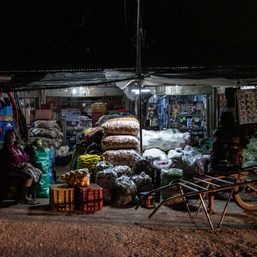


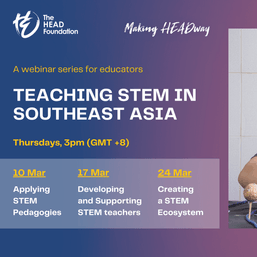
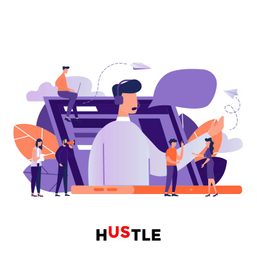
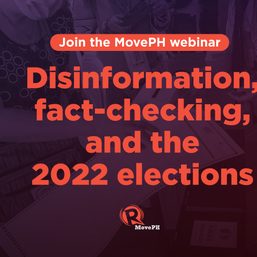
![[WATCH] #PHVote dialogues: Your checklist for the 2022 elections](https://www.rappler.com/tachyon/2021/10/PHVote-dialogue-sq-1.jpeg?resize=257%2C257&crop_strategy=attention)
